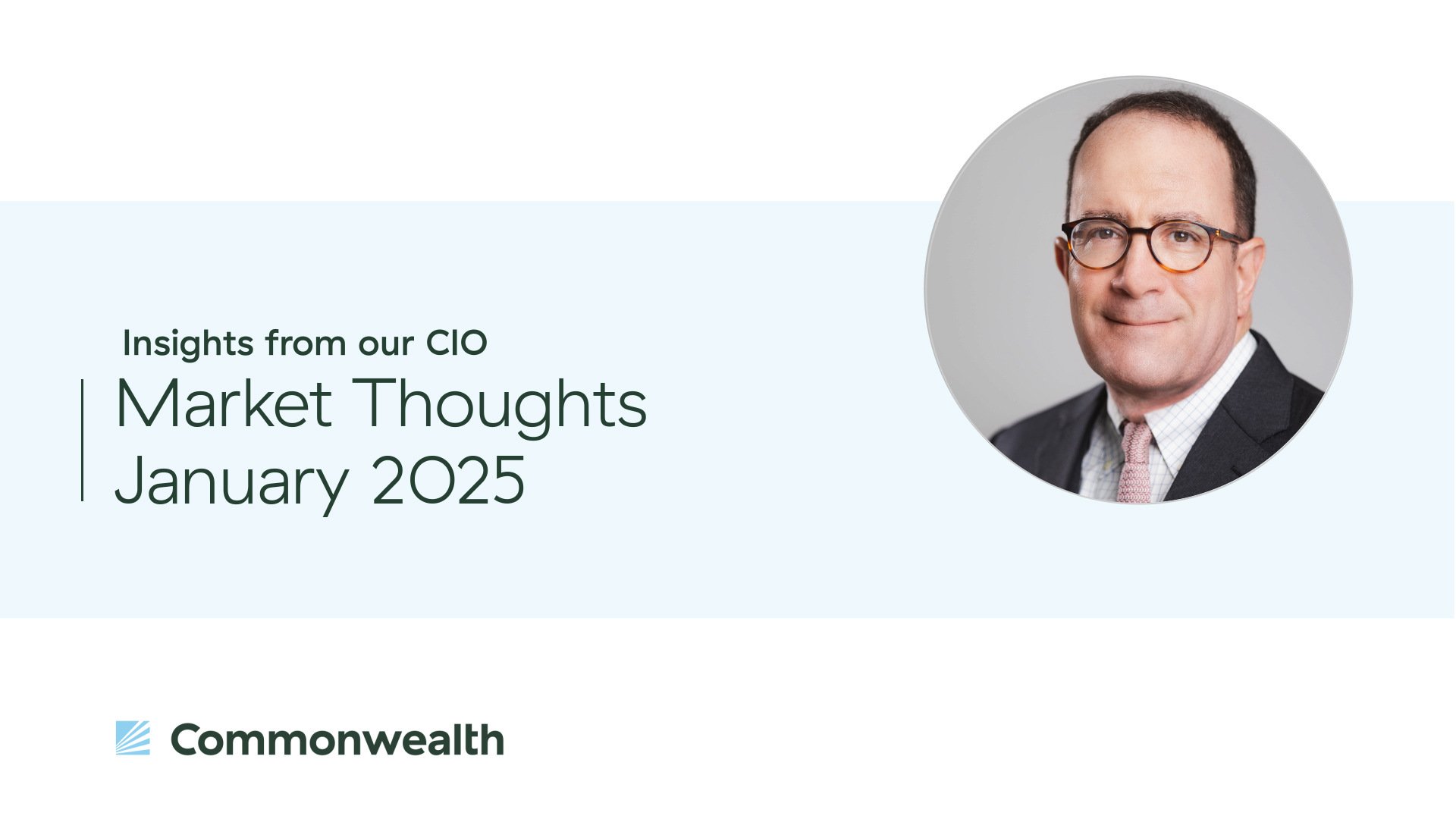March was a tough month for U.S. stocks, as all three major indices were down for the month and quarter. Bonds performed better, as falling interest rates supported prices, and developed and emerging markets both ended the quarter positively. Hiring and inflation also improved, and the solid economic backdrop should keep driving earnings growth. Despite this, we continue to face uncertainty—including tariff concerns and weakening consumer confidence.














